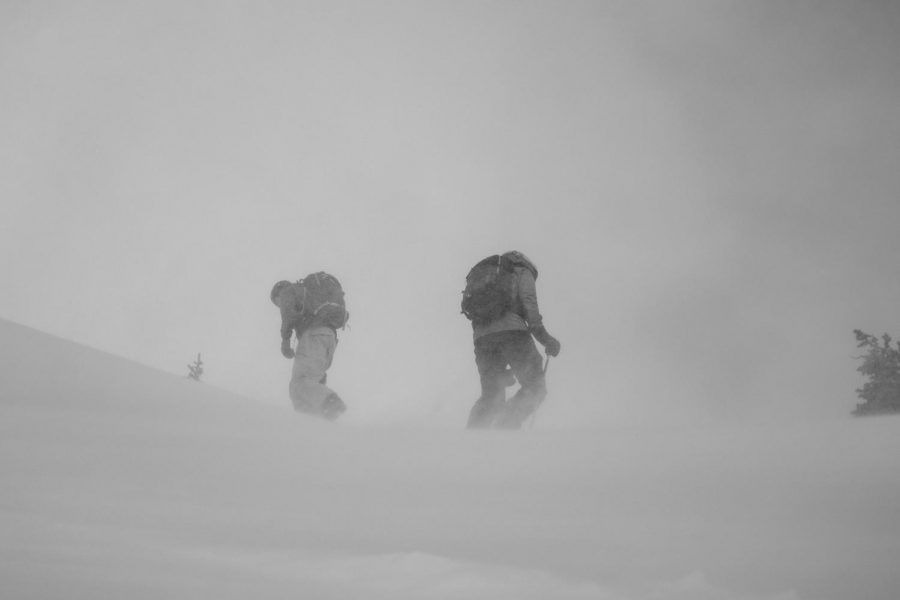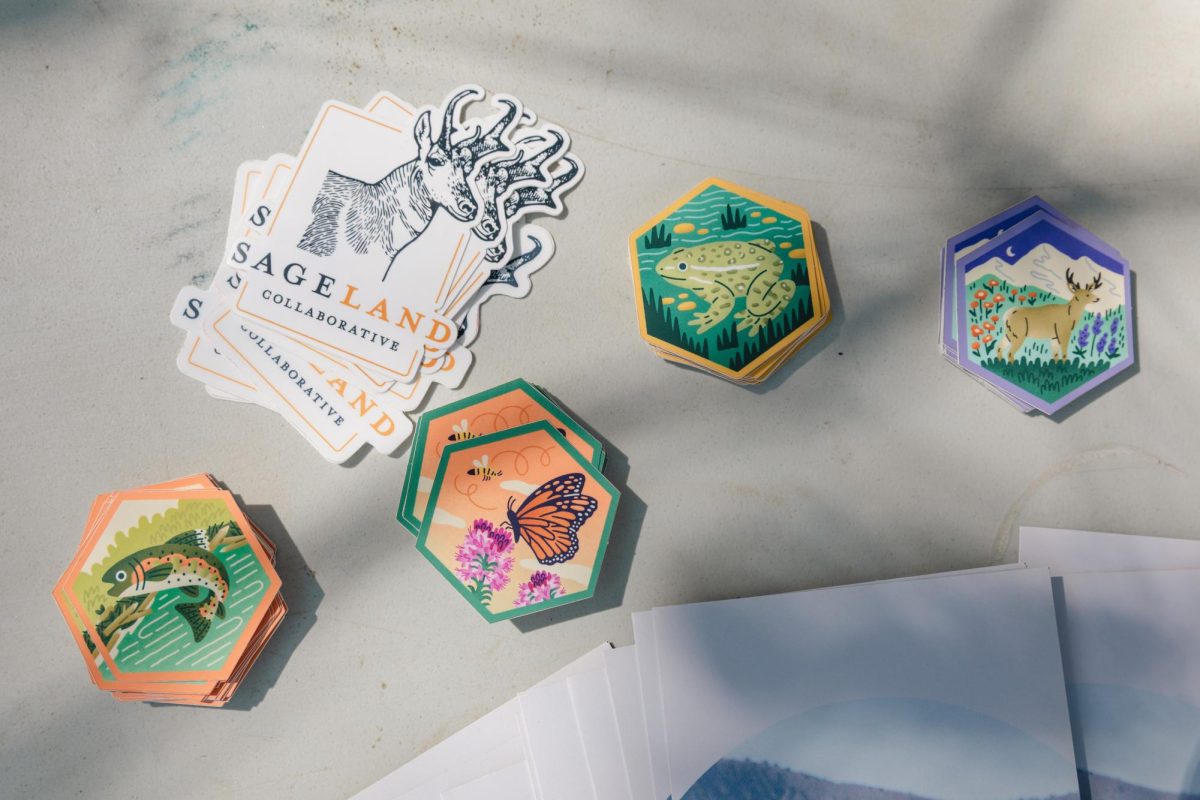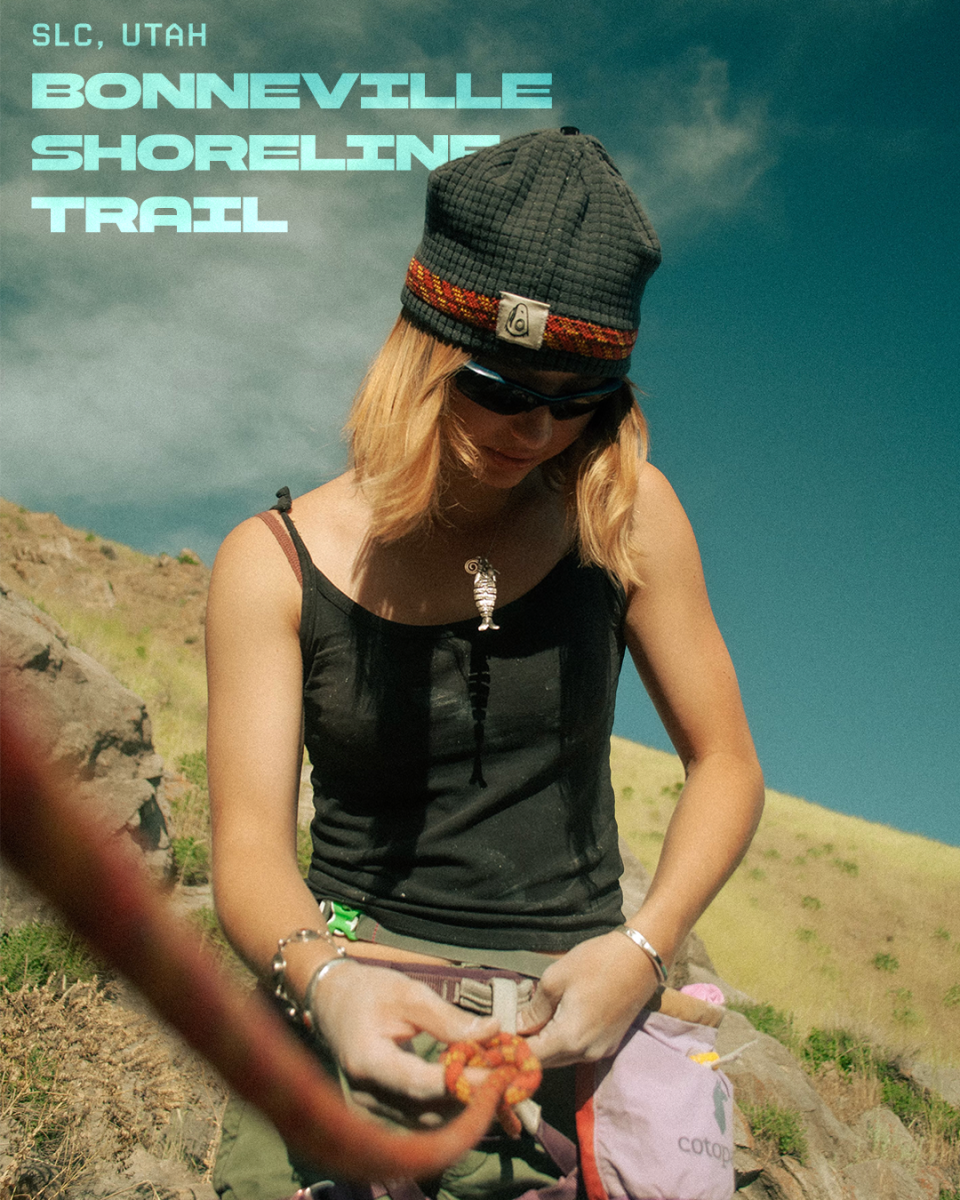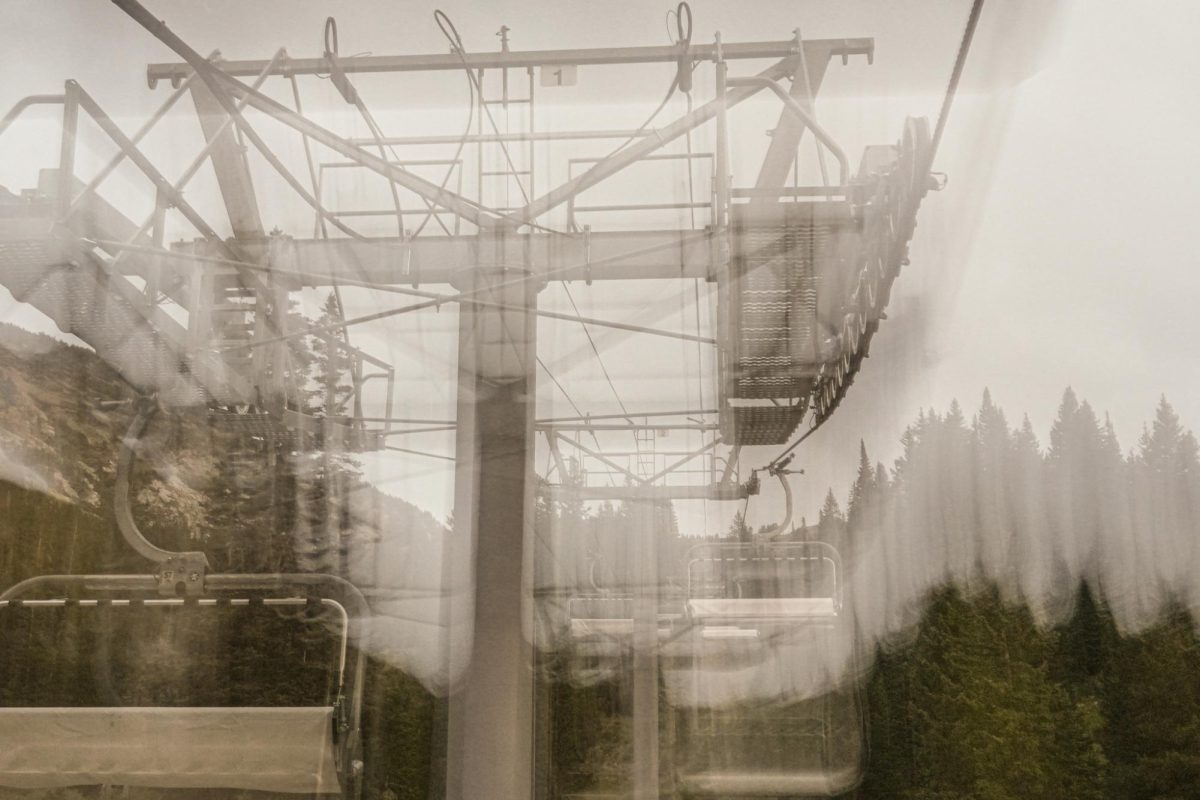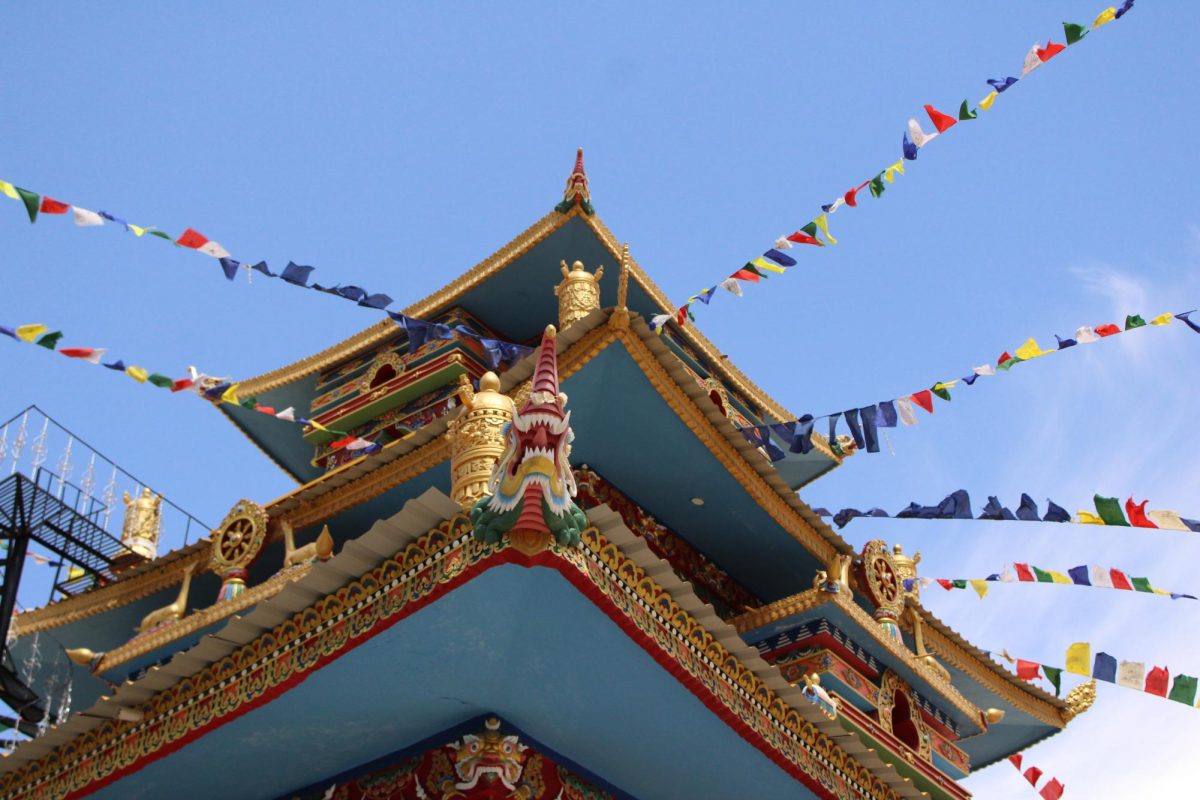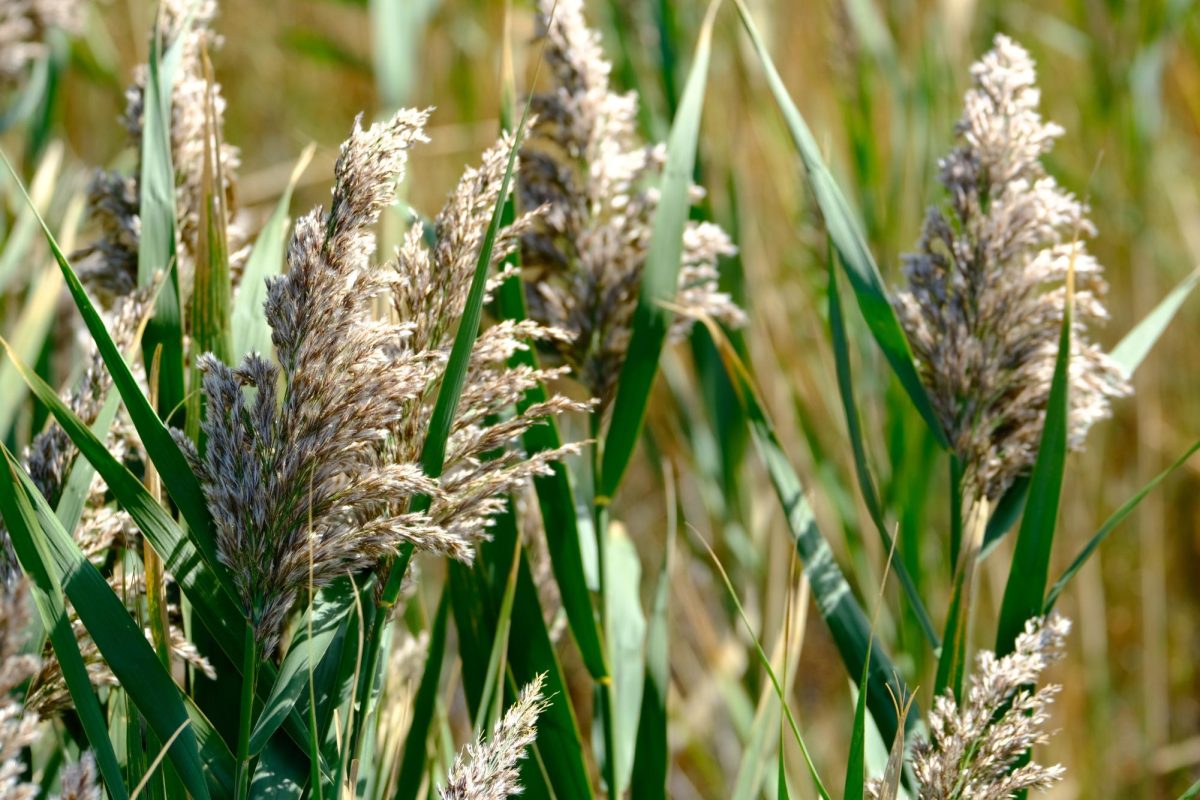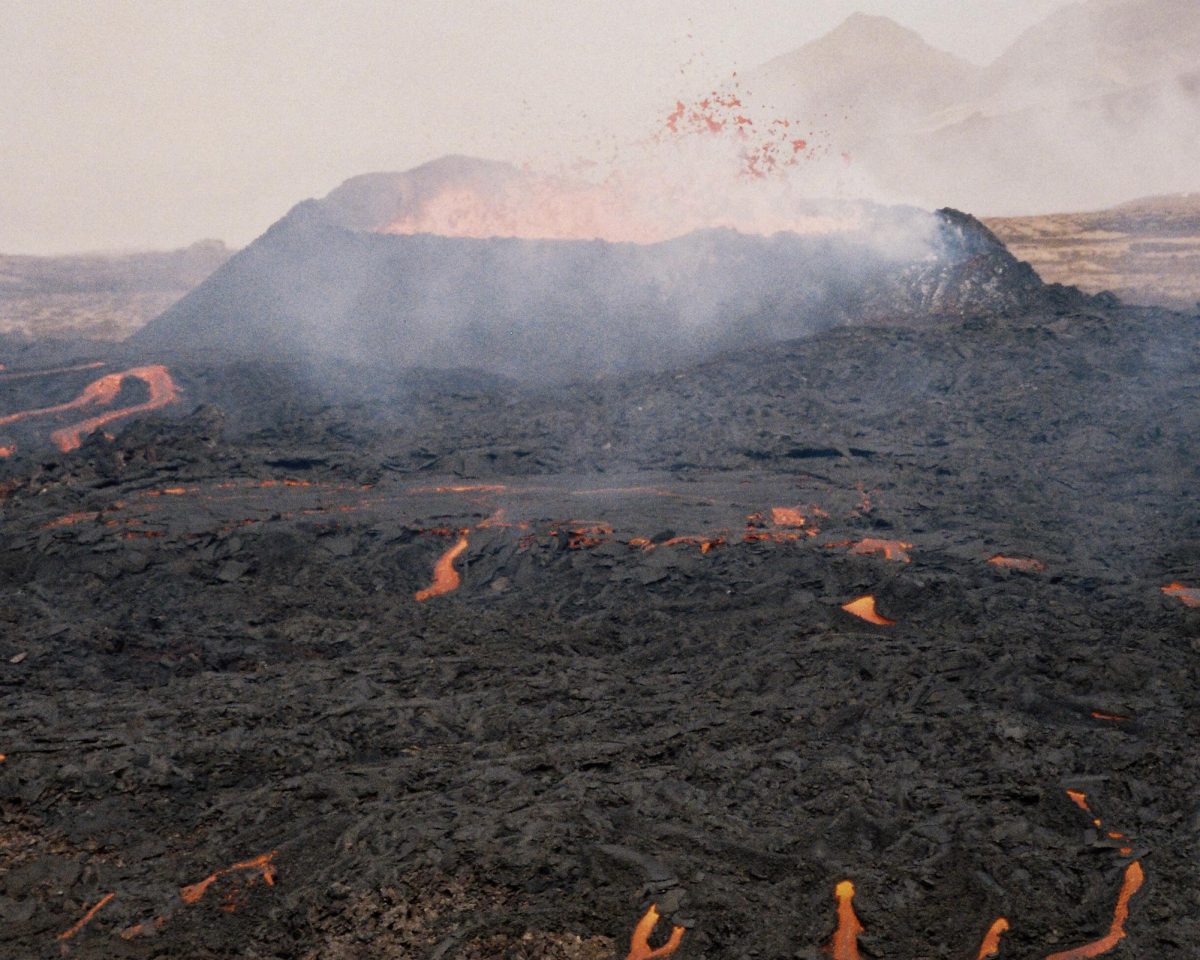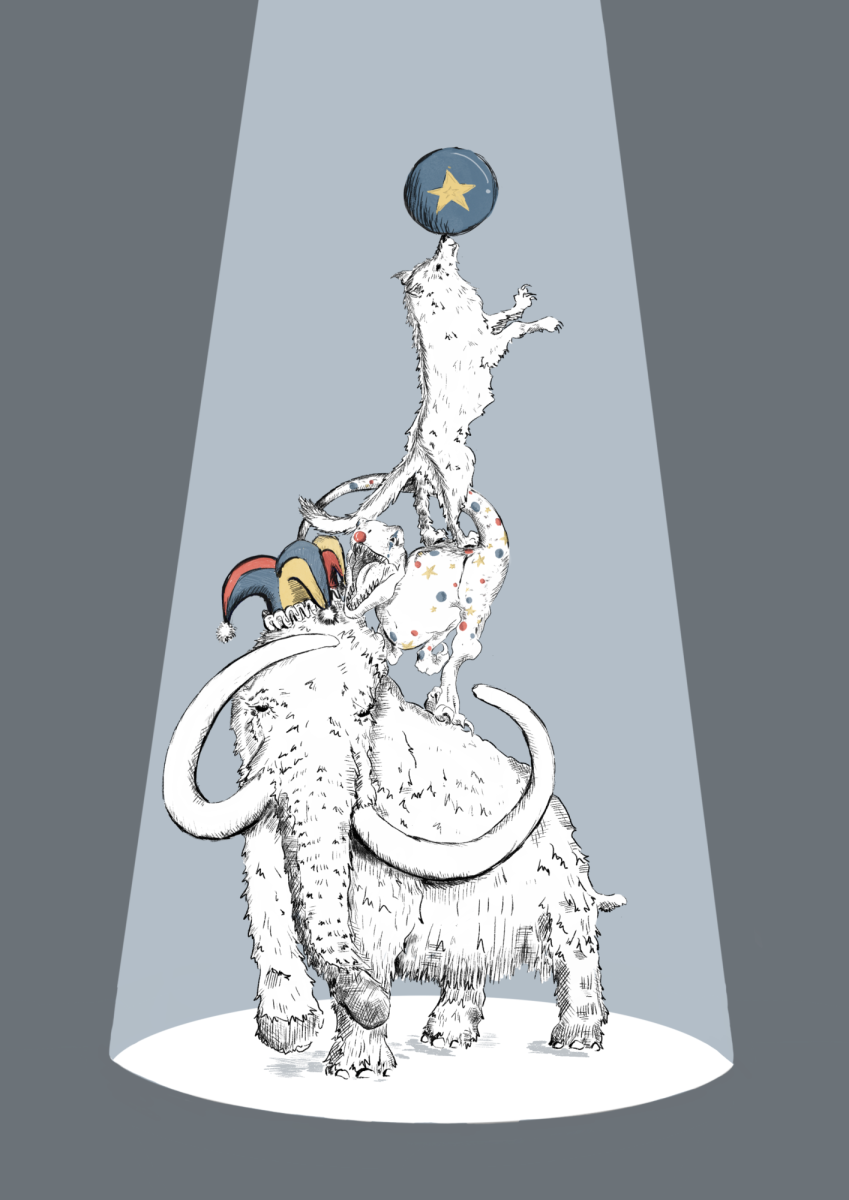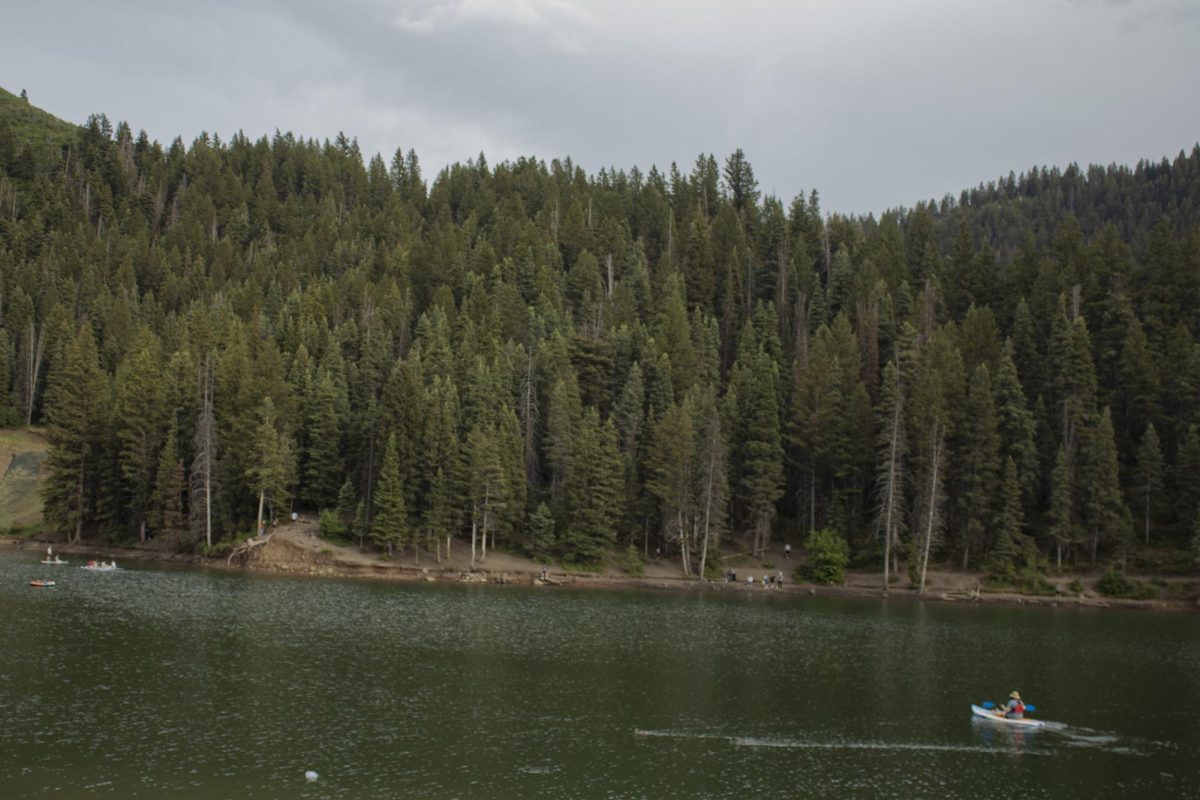A Dreamer’s Perspective on Inclusivity in Outdoor Spaces
March 3, 2021
JJ A. is a recent graduate from the University of Utah. He moved to Utah from Peru when he was six and has lived in the Salt Lake City area since then. He graduated with a major in biology, which in a way kickstarted his involvement in outdoor spaces. JJ started to receive DACA when he was 17. Even though he feels truly passionate about the outdoors, he didn’t always feel like he belonged. The primarily white outdoor community, and particularly the one in Utah, does not foster a welcoming environment for someone with his background, both as a person of color and as a dreamer. It is hard to feel welcome in a space where you don’t feel represented.
Between living in Utah and having immigrant parents, JJ experienced a culture clash. “From my experience, the outdoor lifestyle in America is almost a tradition and a luxury,” he said. “In countries that are not as developed as the United States, being associated with the outdoors implies that you are on the poorer end of the classes. It’s more of a circumstance than a choice. My family couldn’t really grasp why we would want to do something like camp when we have a home that’s warm.”
In many countries, being associated with the outdoors means you cannot afford a home and are instead forced to weather the elements. From such a perspective, it might seem strange that some Americans view sleeping outside as a luxury and an enjoyable experience. It seems to defy logic when you have worked so hard to afford a home and a better life for your children, and they want to go on trips in which they sleep on dirt for fun. Furthermore, the logic behind why one would choose to risk their life doing a more dangerous activity when they could have a life of comfort and safety in society is a privileged mindset. One must first achieve a comfortable lifestyle before desiring to leave it.
JJ explained that not only did he experience uncertainty from his parents, but he also received pushback from the outdoor community at large. “I feel like there’s this whole joke of different sports in the outdoors being a white people activity. Activities like climbing or mountain biking that we or our parents consider outside of their comfort zone are just recreational for white people,” he said. “This has been sustained enough that it’s become common, in my experience as a minority, to view these sports as white man activities.”
JJ also discussed his experiences surrounding identity formation. Immigrant parents, their children and society can all hold conflicting notions about identity. JJ has lived in Utah and been immersed in its culture for such a long time that he has become distanced from many aspects of Peruvian culture. “I would say that I consider my culture to be white and also Peruvian, [since] my parents are rooted in a very strong Peruvian culture. But I would say how I speak, how I act, my culture, and my beliefs are based a lot on what I’ve learned growing up in white culture. I think there’s nothing wrong having two cultures and mixing those cultures together,” JJ said.
Embracing mixed cultures instead of limiting the outdoors to Western-only perspectives would enrich outdoor communities. “I think the first step to introducing new perspectives into the outdoor space is to realize that a lot of people feel the same way about the environment,” JJ said. “A lot of people love the land, love nature, and they’ve been treating it in ways different than yours. This doesn’t mean that your way is right or wrong. I’m sure there’s a mix of cultures that can help the outdoors.” JJ explained how many white people partially feel entitled to outdoor spaces because of their roots in beliefs such as manifest destiny. Pride in American ideals prevails, but an overdose in such pride can overshadow the values in other cultures and perspectives.
JJ and I, and presumably other minorities in the outdoors, have perceived a mass unwillingness in opening outdoor spaces to thought processes and ideals that do not stem from a Western perspective. The truth is, the dominating outdoor industry and outdoor communities are white. Most leaders, instructors and guides are white. So, if a person of color is interested in learning skills or sports, or just generally wants to increase their involvement in the outdoors, their primary option is to learn from a white instructor whose perspectives will always be unconsciously biased by their culture and background. Representation in outdoor leadership positions is therefore crucial and would benefit both white and non-white learners. Having people of color in leadership positions would help bring more perspectives into the mainstream outdoor community and would help other people feel more welcome.
JJ faces some more tangible barriers to outdoor spaces due to his status as a dreamer. For example, he is not allowed to hold an annual national park pass. National park passes are only available for U.S. citizens to purchase, thus isolating a lot of U.S. immigrants from outdoor spaces. “It’s not like I can’t go into national parks,” JJ stated. “I can always use a friend’s pass or buy a week pass, but the wording is a little exclusive. I don’t think there’s a reason to bar someone from having an annual national park pass… It seems a little elitist. It seems like it’s almost targeting some underprivileged groups and excluding them from outdoor spaces.” The barrier might seem trivial, but it explicitly communicates that immigrants are not as welcome or encouraged in these places.
Even though he is not a U.S. citizen, JJ has an incredible appreciation for the many outdoor opportunities in the country. His love for wild spaces rivals or surpasses the love many citizens have for the environment. “Sometimes I feel like my motives are more American than other Americans. They don’t care about the environment, they don’t care about future generations,” he said.
The last presidential election could have had a lot of detrimental effects on the status of JJ’s life in the U.S. It was frustrating for him to care so much about national issues and not have the right to vote. “For me, [the environment] was my number one issue on the ballot. It’s usually people of color and their communities that are negatively impacted by the lack of environmental regulations. So it felt very stifling. It felt like I could scream and no one could listen,” he said. JJ did what he could to reason with people who were not planning to vote. He reminded them of the power they had to shape their country. “I’m proud of my friends,” JJ said, “and I’m proud of myself for having reach[ed] and conversed with so many people.”
JJ has found a place in the outdoor community despite all the literal and constructed barriers he has encountered. He has educated himself and has become an advocate for environmental conservation. Even though JJ doesn’t have the right to vote, he still positively impacted the last election to a greater degree than many U.S. citizens. JJ brings a lot to the table, and in turn, he asks that more outdoor community members acknowledge and embrace people from different cultures and backgrounds. We all need to increase our awareness of the existing barriers and take action to reduce them. Small steps can have large impacts. We need to reform the outdoors so that everyone feels not only included, but also truly appreciated, respected and empowered.


